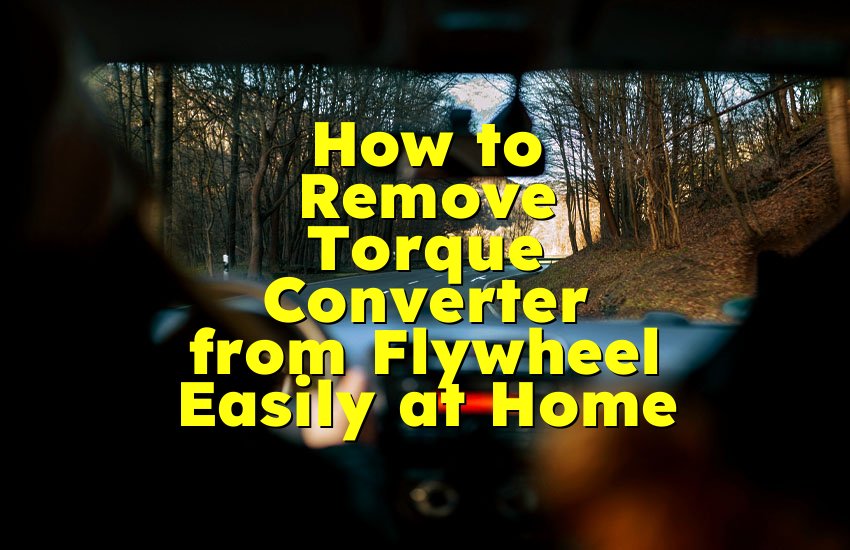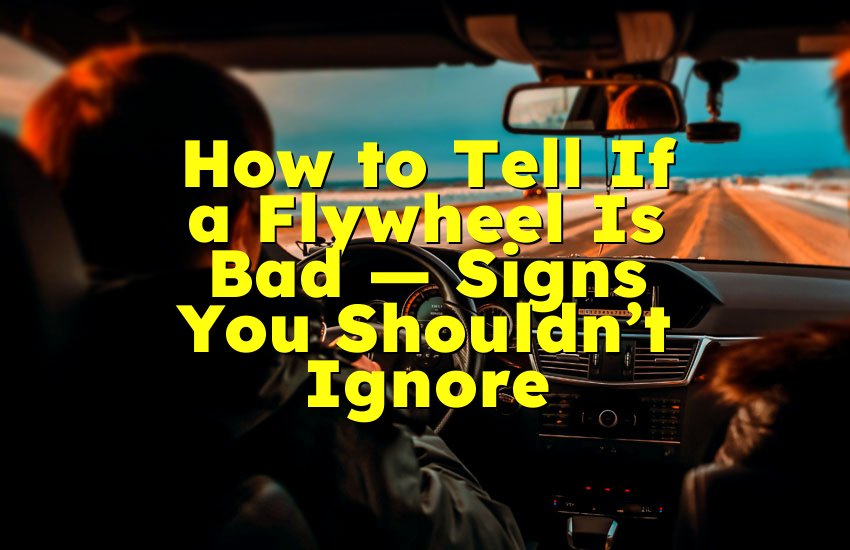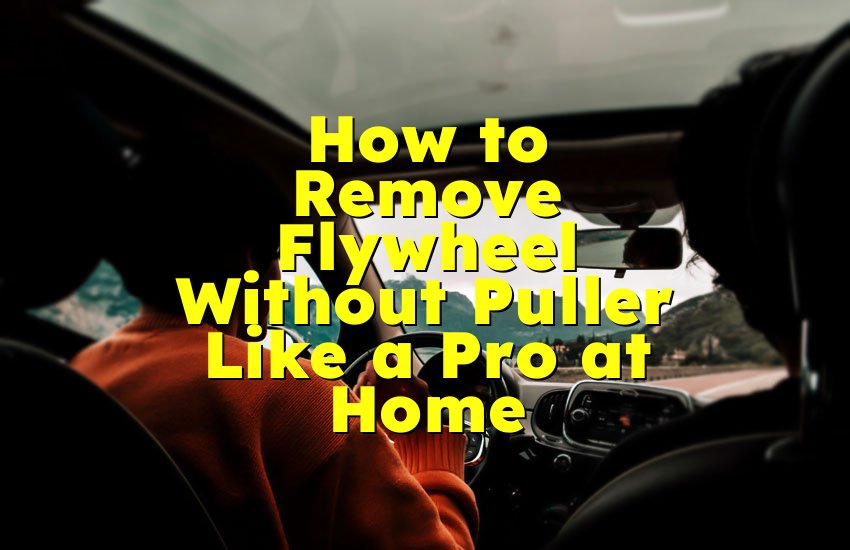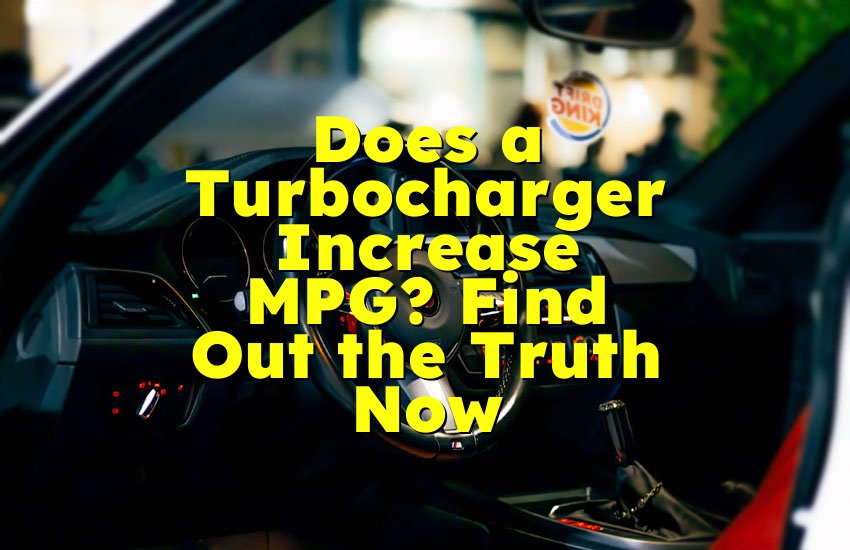As an Amazon Associate, I earn from qualifying purchases at no extra cost to you.
What Codes Can a Dirty Air Filter Cause? Find Out Now!
Have you ever noticed your car acting weird or your check engine light turning on? It might be because of a dirty air filter. A dirty air filter can cause many trouble codes in your car's system, leading to bad engine performance and even expensive repairs. In this article, you'll learn what codes a dirty air filter can cause, how to spot the problem, and what to do about it.
How a Dirty Air Filter Affects Your Car's Engine System
A dirty air filter is like a clogged nose for your car's engine. It stops the fresh air from coming in, which your engine needs to burn fuel properly. Without enough clean air, the engine struggles to work right, leading to poor fuel economy, less power, and even more pollution.
When the air filter is dirty, the engine's sensors notice something is wrong. The engine control unit (ECU) then triggers trouble codes to warn you about the problem. These codes usually relate to air flow or oxygen sensors, which check how much air is coming in and how well the engine burns fuel.
For example, if the engine doesn't get enough air because of the dirty filter, it can cause the air-fuel mixture to be too rich (too much fuel, not enough air). This can damage the spark plugs, cause rough idling, and make your car use more gas. The ECU will detect this and save trouble codes like P0171 or P0174, which mean the engine is running lean or rich because of bad air flow.
Also, a dirty air filter makes the engine work harder. Over time, this extra strain can wear out important parts and cause other sensors to fail. So, ignoring a dirty air filter is not a good idea—it can lead to bigger problems down the road.
- Dirty air filter blocks fresh air to the engine
- Engine runs poorly due to bad air-fuel mix
- ECU triggers trouble codes about air flow and oxygen sensors
- Codes like P0171 or P0174 may appear
- Engine parts can wear out faster
Common Trouble Codes Linked to a Dirty Air Filter
When your car's computer sees that the engine is not getting the right amount of air, it saves specific trouble codes to help mechanics find the problem. A dirty air filter often causes some common codes, and knowing these can help you understand what's wrong.
One of the most common codes is P0101, which means the Mass Air Flow (MAF) sensor is showing a problem. The MAF sensor measures the amount of air entering the engine. If the air filter is dirty, the sensor gets bad readings, and the ECU triggers this code. Cleaning or replacing the air filter often fixes this issue.
Another frequent code is P0171 or P0174. These codes mean the engine is running lean, which means it is getting too much air or not enough fuel. A dirty air filter can cause air flow to be uneven, confusing the engine sensors and causing these trouble codes.
You might also see P0507, which means the idle speed is higher than it should be. When the air filter is dirty, the engine can rev higher to try to get enough air, causing this code.
In some cases, a dirty air filter can cause codes related to the oxygen sensors, like P0130 or P0135. These sensors check how well the engine burns fuel. If the air filter is clogged, the sensors might see bad fuel burning and trigger these codes.
Knowing these codes helps you check the air filter first before paying for expensive repairs or sensor replacements.
- P0101: Mass Air Flow sensor problem caused by dirty filter
- P0171 and P0174: Engine running lean due to bad air flow
- P0507: Idle speed too high from trying to get more air
- P0130 and P0135: Oxygen sensor trouble caused by poor fuel burning
- Checking air filter can fix these codes fast
Signs and Symptoms Your Air Filter Is Causing Trouble Codes
You don't always need a scanner to know your air filter is dirty and causing problems. There are some easy signs and symptoms to look for that show your air filter needs attention.
First, you might notice your car is using more gas than usual. When the air filter is clogged, the engine burns more fuel to try to keep running right. This means you spend more money on fuel without getting good mileage.
Second, the engine might feel slow or weak, especially when you try to speed up or drive uphill. A dirty air filter chokes the engine, so it can't get the air it needs for power.
Third, your car could have rough idling or even stall sometimes. If the engine doesn't get enough air, it can shake or turn off when stopped.
Fourth, the check engine light might come on. While this light can mean many things, if you have other signs of a dirty air filter, it's worth checking.
Also, the exhaust might smell funny or darker than usual. Bad air-fuel mixture causes incomplete burning, leading to more pollution and odd smells.
If you notice any of these symptoms, check your air filter. Replacing or cleaning it can solve the problem and stop those trouble codes from coming back.
- Higher fuel consumption
- Weak engine power or slow acceleration
- Rough idling or engine stalls
- Check engine light turns on
- Dark or smelly exhaust
How to Diagnose Trouble Codes Caused by a Dirty Air Filter
Finding out if your trouble codes come from a dirty air filter is easier than you think. You don't always need to visit a mechanic first. With a simple OBD-II scanner and some basic checks, you can diagnose the problem yourself.
Start by connecting an OBD-II scanner to your car's computer. This device reads the trouble codes stored by the ECU. If you see codes like P0101, P0171, or P0174, it's a strong sign the air filter or air flow system is the problem.
Next, open the air filter box and check the filter's condition. If it looks dark, dusty, or clogged, it's time to replace it. Sometimes, just cleaning the air filter with compressed air or washing it (if it's a reusable type) helps.
After replacing or cleaning the air filter, clear the trouble codes with the scanner and drive the car for a few days. If the codes don't come back, you fixed the problem. If they do, the issue might be with the sensors or other engine parts.
Also, inspect the air intake system for cracks or leaks that can cause false readings. A dirty air filter can sometimes be the cause, but air leaks or sensor failures might also trigger similar trouble codes.
- Use an OBD-II scanner to read trouble codes
- Look for codes related to air flow sensors and fuel mixture
- Check the air filter for dirt and clogging
- Clean or replace the air filter
- Clear codes and test drive to confirm fix
- Inspect air intake system for leaks
Preventing Trouble Codes by Maintaining Your Air Filter
The best way to avoid trouble codes from a dirty air filter is simple—keep your air filter clean and replace it regularly. Air filters are cheap and easy to change, but many people forget about them until problems show up.
Most car makers suggest changing the air filter every 12,000 to 15,000 miles, but if you drive in dusty or dirty places, you might need to change it sooner. Checking your air filter every few months is a good habit.
Besides saving your engine, a clean air filter improves fuel economy and reduces pollution. It also helps your car run smoothly and stay strong.
You can also clean reusable air filters by washing them with water and special cleaning sprays. Just make sure they dry completely before putting them back.
If you aren't sure how to check or change your air filter, your mechanic can do it during regular service visits. Preventing dirty air filters saves you from costly repairs and annoying trouble codes.
- Change air filter every 12,000 to 15,000 miles or more often in dusty areas
- Check air filter regularly for dirt and clogging
- Clean reusable filters with water and cleaner
- Get mechanic help if unsure
- Prevents trouble codes and saves money on repairs
- Improves fuel economy and engine power
What to Do If Trouble Codes Persist After Changing the Air Filter
Sometimes, even after changing a dirty air filter, trouble codes can stay on. This means the problem might not be just the air filter but other parts of the air or fuel system.
If the codes persist, check the Mass Air Flow (MAF) sensor carefully. Dirt from a clogged filter can stick to the sensor, causing wrong readings. You can clean the MAF sensor with special cleaner sprays made for it.
Also, inspect the oxygen sensors. These sensors can get damaged if the engine runs poorly for too long due to a dirty air filter. In some cases, they may need to be replaced.
Look for air leaks in the intake hoses or connections. Cracks or loose fittings let unmetered air in, confusing the sensors and causing trouble codes.
Finally, consider if there might be fuel system problems, like a clogged fuel injector or bad fuel pressure, that mimic air filter trouble.
If you have tried these checks and the codes still don't clear, it's best to take your car to a professional mechanic. They have tools and experience to find hidden problems.
- Clean the MAF sensor after changing air filter
- Check and possibly replace oxygen sensors
- Inspect air intake hoses for leaks or cracks
- Look for fuel system issues that cause similar codes
- Seek professional help if codes stay after basic fixes
Final Thoughts
Dirty air filters cause many trouble codes because they block air needed for the engine to run well. These codes can lead to poor fuel economy, weak engine power, and even damage to sensors or engine parts. The good news is most problems clear up by simply cleaning or replacing the air filter. Checking your air filter regularly and fixing problems early can save you time and money. If trouble codes don't go away, check sensors and air intake parts or get professional help. Keeping your air filter clean keeps your car running smoothly and happily.
| Problem | Common Trouble Codes | What to Do |
|---|---|---|
| Dirty air filter blocking air | P0101, P0171, P0174 | Clean or replace air filter |
| Mass Air Flow sensor errors | P0101 | Clean MAF sensor |
| Engine running lean/rich | P0171, P0174 | Check air filter and fuel system |
| High idle speed | P0507 | Check air filter and idle control |
| Oxygen sensor issues | P0130, P0135 | Inspect and replace sensors if needed |
| Persistent codes after filter | Multiple codes | Inspect intake leaks and sensors |
Frequently Asked Questions (FAQs)
Is it normal for a dirty air filter to cause the check engine light?
Yes, it is quite common. When the air filter is dirty, the engine doesn't get enough air, which affects the air-fuel mixture. The engine's sensors detect this problem and trigger the check engine light to warn you. The light can mean many things, but a clogged air filter is often the cause if you also notice poor engine performance. Replacing or cleaning the air filter usually fixes the light. If it stays on, it's a good idea to check the trouble codes to find the exact problem.
Can a dirty air filter cause poor fuel economy?
Absolutely. When your air filter is clogged, the engine burns more fuel to try to maintain power. Without enough clean air, the fuel mixture becomes richer, meaning more fuel and less air. This wastes gas and lowers your miles per gallon. Changing the air filter regularly helps your engine run efficiently and saves you money on fuel.
Do I need to replace my air filter if I drive in dusty areas?
Yes, if you drive in dusty or dirty environments, your air filter gets dirty faster. Dust and debris clog the filter, stopping airflow. It's best to check and replace the air filter more often in these conditions, sometimes as often as every 6,000 miles. This helps prevent trouble codes and keeps your engine healthy.
Is it okay to clean a reusable air filter instead of replacing it?
Yes, many reusable air filters can be cleaned instead of replaced. You can wash them with water and a special cleaning solution made for filters. After cleaning, let the filter dry completely before putting it back. Cleaning works well if done properly, but if the filter is damaged or very dirty, replacement is better.
Can a dirty air filter damage the Mass Air Flow sensor?
Yes, a dirty air filter can cause dirt and debris to reach the MAF sensor. This sensor measures how much air enters the engine, and if it's dirty, it gives wrong readings. This causes trouble codes like P0101 and poor engine performance. Cleaning the MAF sensor with a special spray often fixes the issue, but severe damage may require sensor replacement.
Do I need to clear trouble codes after fixing the air filter issue?
Yes, after you clean or replace the air filter, it's important to clear the trouble codes using an OBD-II scanner. This resets the engine computer and turns off the check engine light. After clearing, drive the car for a while to see if the codes come back. If they do, there might be other problems to check.
Is it possible for trouble codes to persist after changing the air filter?
Yes, sometimes trouble codes stay even after replacing the air filter. This can happen if the MAF sensor or oxygen sensors are dirty or damaged, or if there are leaks in the air intake system. It's a good idea to clean sensors and inspect hoses. If the problem continues, a mechanic can help find the exact cause.
Can a dirty air filter cause my car to stall or run rough?
Yes, a clogged air filter restricts airflow, causing the engine to run poorly. This can make the engine idle roughly or even stall when you stop the car. Getting enough clean air is important for smooth engine operation. Changing the air filter often fixes these symptoms and improves how your car runs.











